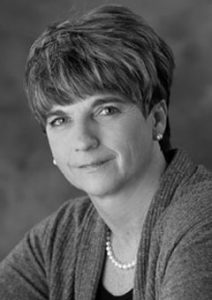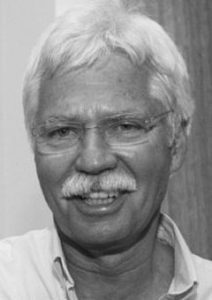One of a series of posts profiling some of the 100+ hours of Mindcamp programs you can take this summer. For more on this and other programs, go to: Mindcamp Sessions.
Moving Toward or Away
Leveraging emotions to boost creativity, collaboration and influence
 In the field of social neuroscience, there is increasing evidence that social behavior is strongly influenced by the principle of minimizing threat and maximizing reward. The SCARF model, developed by David Rock, is a useful framework for understanding the five domains of social experience (Status, Certainty, Autonomy, Relatedness, Fairness) where threats and rewards have a powerful influence on how people work together.
In the field of social neuroscience, there is increasing evidence that social behavior is strongly influenced by the principle of minimizing threat and maximizing reward. The SCARF model, developed by David Rock, is a useful framework for understanding the five domains of social experience (Status, Certainty, Autonomy, Relatedness, Fairness) where threats and rewards have a powerful influence on how people work together.
Using SCARF, we will explore how to create awareness of the five dimensions and how to manage threats and rewards in each of them to achieve higher levels of creativity and collaboration. In a variety of interactive simulations, we will practice ways of interacting with others that can influence more rewarding relationships and performance outcomes.
The Skinny: 3 things you will get from this session
- Learn to recognize social situations where primal emotions can have a strong positive or negative influence
- Use the SCARF model to understand and manage the emotional drivers that can maximize rewards and minimize threats in a variety of situations
- Practice ways to improve collaboration and creative thinking by raising our awareness of these drivers in ourselves and in our interactions with others.
 Laura Switalski (MSc Creativity and Innovation, International Center for Studies in Creativity, SUNY Buffalo State) works with organizations in North America, Central America, and Europe to enhance teamwork, leadership, creativity, and innovation. She is Program Director at Centro de Certificación en Creatividad, which develops creative leadership and facilitation skills in Spanish speaking countries. She is President of CREA Italia, Mindcamp’s sister conference, and coauthor of the book Creativity Rising.
Laura Switalski (MSc Creativity and Innovation, International Center for Studies in Creativity, SUNY Buffalo State) works with organizations in North America, Central America, and Europe to enhance teamwork, leadership, creativity, and innovation. She is Program Director at Centro de Certificación en Creatividad, which develops creative leadership and facilitation skills in Spanish speaking countries. She is President of CREA Italia, Mindcamp’s sister conference, and coauthor of the book Creativity Rising.
 Tim Switalski (MSc Creativity and Innovation, International Center for Studies in Creativity, SUNY Buffalo State) provides training, facilitation, coaching and consulting to international clients focusing on the areas of emotional intelligence, change leadership, creativity and innovation. He is a partner and co-founder of Centro de Certificación en Creatividad and the former Director of Leadership Development at Buffalo State College. He is also a co-founder of Mindcamp’s sister conference, CREA.
Tim Switalski (MSc Creativity and Innovation, International Center for Studies in Creativity, SUNY Buffalo State) provides training, facilitation, coaching and consulting to international clients focusing on the areas of emotional intelligence, change leadership, creativity and innovation. He is a partner and co-founder of Centro de Certificación en Creatividad and the former Director of Leadership Development at Buffalo State College. He is also a co-founder of Mindcamp’s sister conference, CREA.

